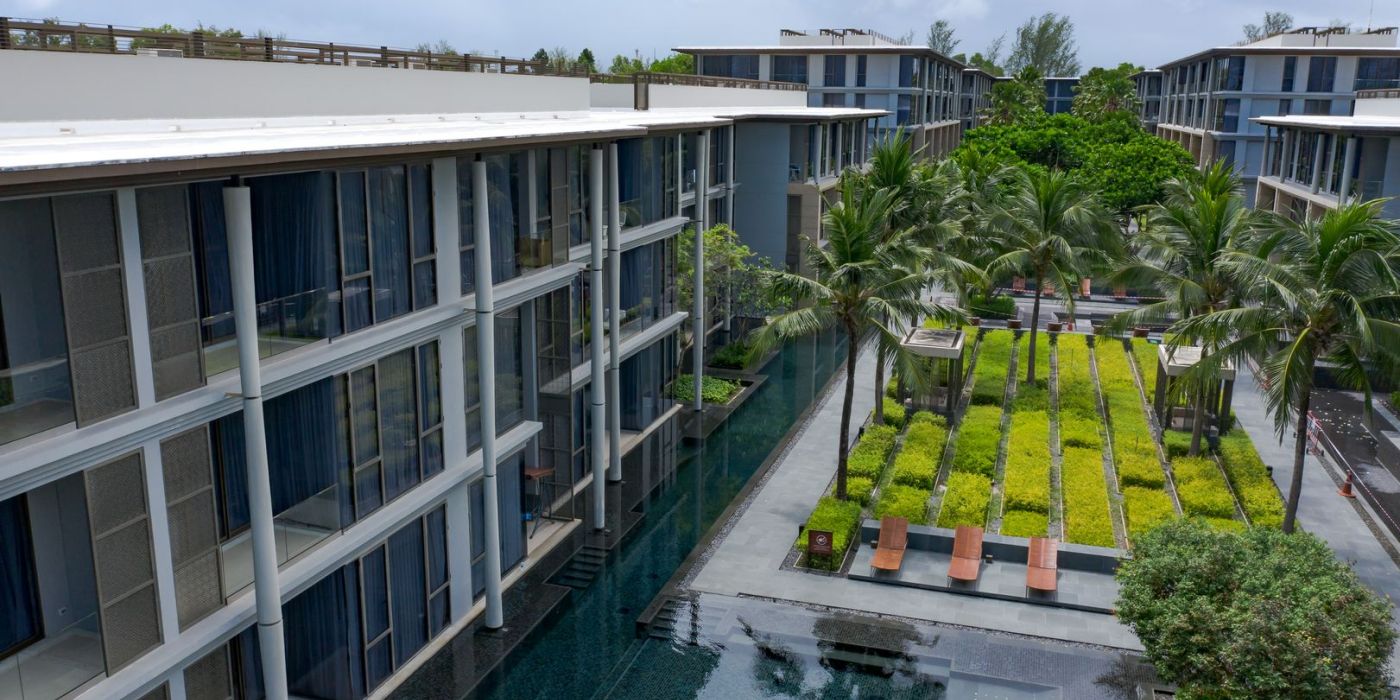Questions about property ownership in Thailand for foreigners often spark debates and various myths. One of the most common is the belief that foreigners cannot own property in Thailand. However, this is not true.
There are two options for foreign ownership of property in Thailand:
Full ownership (Freehold)
This means complete and unrestricted ownership. The owner has the right to fully dispose of the property at their discretion, including selling, gifting, transferring through inheritance, etc. There is no ownership tax, although a tax of 6.8% is required upon registration, which is usually split between the seller and buyer.
Limited ownership (Leasehold)
This is a form of long-term lease for 30 years with the option to extend for another 30 years twice, totaling 90 years. The tax upon registration is only 1.1%, just like upon re-registration after 30 years. Such property can be resold, transferred through inheritance or gifted, with the remaining lease time being passed on. There is also no ownership tax for foreigners on property registered under a leasehold, both in Thailand and in their home country, as technically this property is under lease, not ownership.
There is one caveat when purchasing villas. In Phuket, foreigners are not allowed to fully own land, so villas here are either purchased under a long-term lease or registered under a company in Thailand. A company can be registered on-site and under the buyer's name within a short period of time.
When purchasing any type of property in Phuket, whether under full ownership or a long-term lease, you will receive a document from the land department that guarantees your right to ownership.
For more detailed information on any questions regarding purchasing property in Phuket, leave a request for a free consultation from our specialists.


